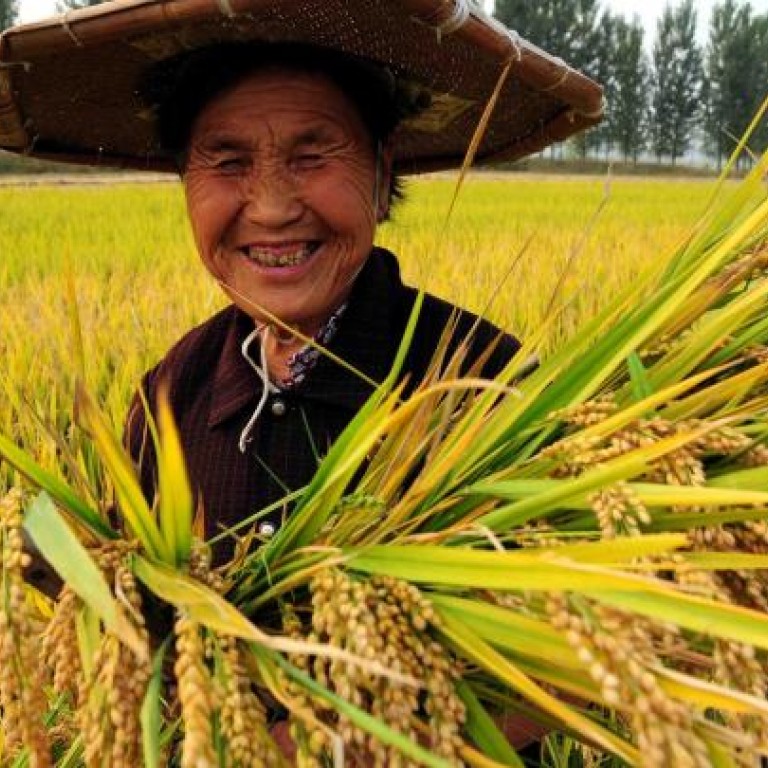
Beijing tries to plant seeds for a more stable food supply
First plan to overhaul troubled industry comes amid growing concern about reliance on imports to meet the nation's demand
The central government has mapped out its first long-term plan for the agricultural seed industry, as a lack of independent biotechnology and a chaotic seed market have challenged its ability to maintain food security.

Over that timeframe, more large seed companies utilising independent research and development teams would be cultivated, and the 50 strongest companies would hold 60 per cent of the market, according to the plan, which was issued by the State Council last month.
China is still in the beginning stage of building a market-oriented seed industry - a stage that does not match the county's pressing needs to develop modern agriculture, said Ma Shuping , deputy director of the MOA's Seeds Administration.
Two years ago, the State Council ordered agriculture departments to outline plans for the sector. It was the first time the issue had been raised in 49 years, Ma said.
An analyst at Beijing Orient Agribusiness Consultants, Ma Wenfeng , said the government began to attach importance to the sector as underdeveloped agricultural technology made China increasingly reliant on food from the global market.
China's overall deficit in farm trade last year increased 44 per cent from 2011 to US$49.2 billion, the MOA said last week. Trade deficit of staple foods, including wheat, corn and rice, increased threefold from a year earlier, to nearly 13 million tonnes.
"Because of poor seed technology, crop yields have been stagnant over the past decade," Ma Wenfeng said. "For example, we have been importing a huge amount of soya beans since the yields per unit for this crop remain at the level 10 years ago.
"It was not until the past couple of years that yields of rice finally returned to the level from the 1990s."
The mainland seed market has been in disorder in recent decades, owing to insufficient biotechnology and regulations.
"The mainland's seed industry has been known for its great number of small, weak and widely scattered companies," Ma Shuping said. "The threshold has been so low that just one million yuan [HK$1.22 million] would be enough to start such a company."
After amending the regulations on business permits for the industry last year, the mainland has decreased the number of companies specialising in agricultural seeds by nearly a third, to about 6,300, she said.
However, only 7 per cent of them have registered capital of over 30 million yuan.
Only 25 seed companies are wholly or jointly owned by foreign capital, of which four specialise in corn, one in cotton and the rest in vegetables and flowers.
Despite of the small number of businesses, foreign companies have a considerable market share thanks to their higher level of technology, Ma Wenfeng said.
"Most of the domestic seed companies were started by a handful of people who bred one seed and stopped their research work after making a small fortune," he said.
"A lack of sustainable development and investment is a key issue leading to the situation today."

